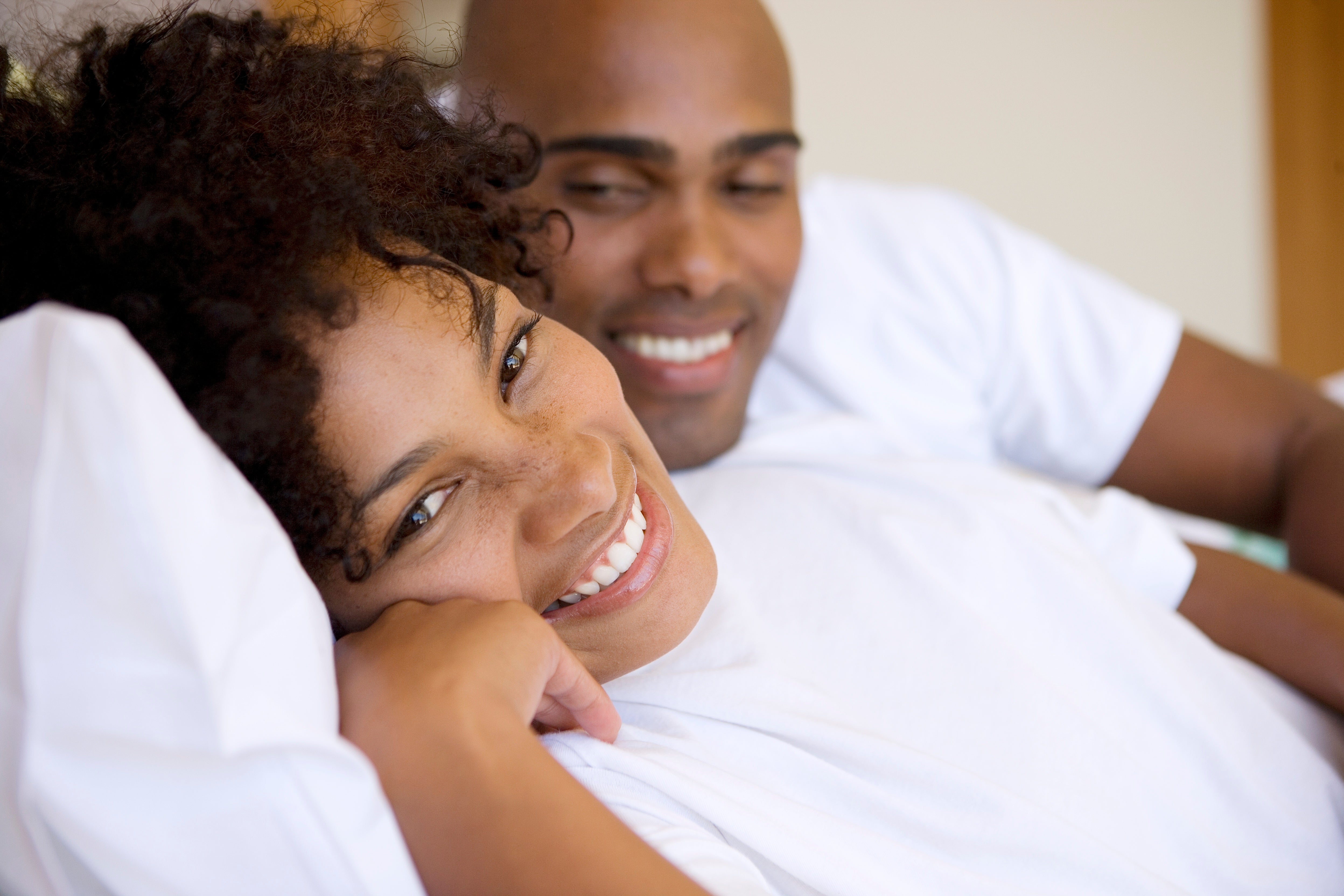
When it comes to African-Americans, love is a very complicated and often evasive concept. Our enslaved ancestors had to fight for love and sneak it in when our captors were not looking. As Bell Hooks says in “Salvation: Black People and Love,” post-slavery movements to secure true freedom often made our men feel like they needed to be “fighters, not lovers.” They did not always see that it was possible to be tender and romantic with love in the home, at the same time that they were strong and battle-ready when dealing with the enemy outside of it. And while women contributed a great deal of nurturing, they also struggled with balancing the demands of work and love. We have often experienced forced separation from our partners and our families that has made love an even more traumatic concept.
Some would have you believe that interracial love is some sort of symbol of advanced progress and that those of us who continue to uplift the notion of Black love are stuck in the past or behind the times. Yet at every turn, we are confronted with continued evidence that many members the world-at-large fail to recognize Black people as full citizens with the same rights and the same humanity as others. We are still coping with the after-effects of slavery and legalized oppression, as well as the continued hindrances of our ability to live and prosper as others do in this country. So while this does not mean that mixed love can’t be real love, it certainly is not evidence that the world has progressed passed race.
Don’t get me wrong: I do not believe that the entire world is out to get Black folks. However, I acknowledge that despite our many gains over the years, we are still perversely affected, challenged and damaged by racism. As a result, loving one another has become quite difficult at times. We have been both told that we are unlovable, as shiftless, lazy, thugged-out Black men, and crass, emasculating and wholly self-reliant Black women… and we have also at times perpetuated some most unlovable behaviors.
When a couple or a family or even a set of friends manages to love — truly love — in the face of challenges that seek to tear them down at every corner, then this basic human instinct becomes an accomplishment. When two people can see past the messages in the media assaulting one another’s humanity (‘Why are Black men so this?’, ‘Why can’t Black women do that?’) and instead, recognize both the beauty of their own brother or sister and their own reflection in them, that is a lovely thing to behold. When we commit ourselves to supporting one another fully, we are powerful and gorgeous in ways we may not even recognize.
You can be as “post-racial” as you like in your mind, but the reality is that the world around us hasn’t gotten there yet. We still need one another. It is still important that we are committed to loving our brothers and sisters. Together, we represent a powerful affront to the challenges before us; divided, we invite the continued external and internal abuse that we have faced for so long. So when we look upon a happy couple or a cute family and almost instinctively say, “Yay, Black love!” it isn’t born of any contempt or hatred for anyone else. It is instead recognition of something special, something that has been grown in spite of great attempts to tear it down at the roots. Black love still matters.